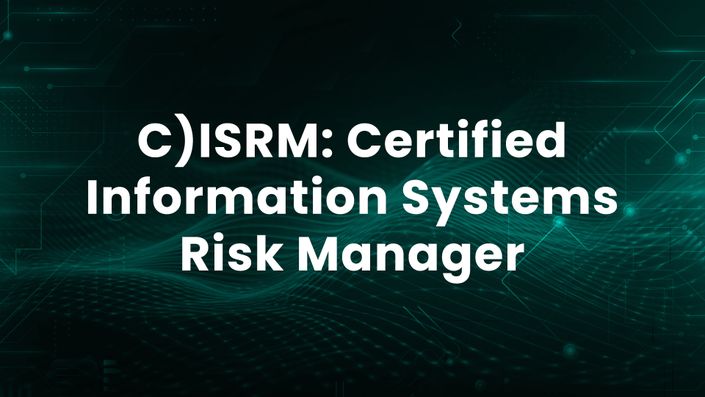Introduction
Smartphones have become essential for communication, banking, shopping, and work. However, they are also prime targets for cybercriminals. Mobile security awareness is crucial to protect personal data, prevent hacking, and ensure a safe digital experience.
Why is Mobile Security Important?
✔️ Data Privacy – Your phone stores sensitive information like passwords, financial details, and personal files.
✔️ Cyber Threats – Hackers use phishing attacks, malware, and fake apps to steal data.
✔️ Device Theft – Losing your phone can expose your personal and business information.
✔️ Financial Protection – Unauthorized transactions can happen if your phone is compromised.
Common Mobile Security Threats
📌 Phishing Attacks – Fake messages or emails trick users into revealing personal information.
📌 Malware & Spyware – Harmful apps can track activities and steal data.
📌 Public Wi-Fi Risks – Hackers can intercept data on unsecured networks.
📌 Fake Apps – Some apps disguise themselves as legitimate but contain malicious code.
📌 SIM Swapping – Cybercriminals trick telecom providers into transferring your number to a new SIM, gaining access to OTPs and accounts.
Best Practices for Mobile Security
1. Secure Your Device
🔒 Use Strong Passwords or Biometric Locks – Enable a PIN, fingerprint, or facial recognition.
🔒 Enable Remote Lock & Wipe – Use services like Find My Device (Android) or Find My iPhone (iOS) to erase data if lost.
2. Protect Your Data & Apps
✅ Install Apps from Trusted Sources – Download only from Google Play Store or Apple App Store.
✅ Check App Permissions – Avoid apps that request unnecessary access to your contacts, messages, or location.
✅ Use Two-Factor Authentication (2FA) – Adds an extra security layer to accounts.
3. Beware of Online Threats
🚫 Don’t Click on Suspicious Links – Avoid unknown links from emails, messages, or social media.
🚫 Verify Before Downloading Attachments – Hackers use infected files to spread malware.
🚫 Check for HTTPS Websites – Only enter sensitive information on secure (🔒 HTTPS) sites.
4. Be Cautious with Public Wi-Fi
📵 Avoid Accessing Sensitive Accounts – Don’t log into banking or work accounts on public networks.
📵 Use a VPN (Virtual Private Network) – Encrypts data for secure browsing.
📵 Turn Off Auto-Connect – Prevents automatic connection to unknown networks.
5. Keep Your Device & Apps Updated
🔄 Regularly Update Software – Security patches fix vulnerabilities in the OS and apps.
🔄 Delete Unused Apps – Reduces security risks from outdated applications.
6. Protect Against SIM & Phone Theft
📱 Enable SIM Lock – Requires a PIN when inserting your SIM into a new device.
📱 Use Device Tracking Features – Locate or erase your phone if lost.
📱 Be Careful with Social Engineering Scams – Don’t share personal information with unknown callers or messages.
Example Curriculum
The curriculum block is dynamic. As you add curriculum to your course, you'll see it automatically populate here.
Featured Products
Showcase other available courses, bundles, and coaching products you’re selling with the Featured Products block to provide alternatives to visitors who may not be interested in this specific product.



